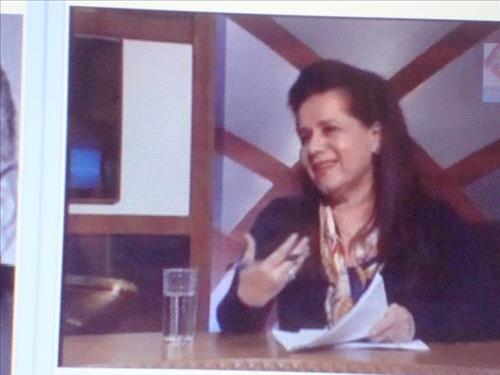-
Top Stories -
Most Popular
-
ASE closes slightly lower on Sunday
-
Israel's genocide in Gaza: 35 Palestinians killed in 24 hours
-
Hassan, Safadi highlight legislative-executive cooperation
-
Senate condemns attack on security officers
-
Senate approves reply to speech from Throne
-
Zain introduces ‘The Masters’ initiative, empowering 30 individuals with disabilities
-
Infiltrator killed, 6 others arrested on Northern Military Zone
-
PM visits wounded security forces in Rabieh shooting attack
-
Public Security Directorate urges caution ahead of incoming weather front
-
PSD: Gunman in Rabieh had weapon, several incendiary materials
-
Moody’s affirms Jordan’s credit rating at Ba3
-
Utilizing AI. in Human Resources Management and Development in Leading Organizations
-
Cyberlaundering; How Social Media Influencers Fuel Financial Crime
-
1000 Days of Heroic Resistance: A Tribute to Ukraine’s Struggle
-
King, UAE President discuss bilateral ties, regional developments
-
Vehicle fire leads to heavy traffic jam in Airport road
-
King in Throne Speech: Jordan's future will not be subject to policies that do not serve its interests
-
Energy: Global oil prices drop
-
51,647 foreign students in Jordanian higher education institutions
-
Jordan sends new 100-truck aid convoy to Gaza
- no comments
Notice
All comments are reviewed and posted only if approved.
Ammon News reserves the right to delete any comment at any time, and for any reason, and will not publish any comment containing offense or deviating from the subject at hand, or to include the names of any personalities or to stir up sectarian, sectarian or racial strife, hoping to adhere to a high level of the comments as they express The extent of the progress and culture of Ammon News' visitors, noting that the comments are expressed only by the owners.
Ammon News reserves the right to delete any comment at any time, and for any reason, and will not publish any comment containing offense or deviating from the subject at hand, or to include the names of any personalities or to stir up sectarian, sectarian or racial strife, hoping to adhere to a high level of the comments as they express The extent of the progress and culture of Ammon News' visitors, noting that the comments are expressed only by the owners.
| name : * | |
| comment : * | |








 comment replay
comment replay 